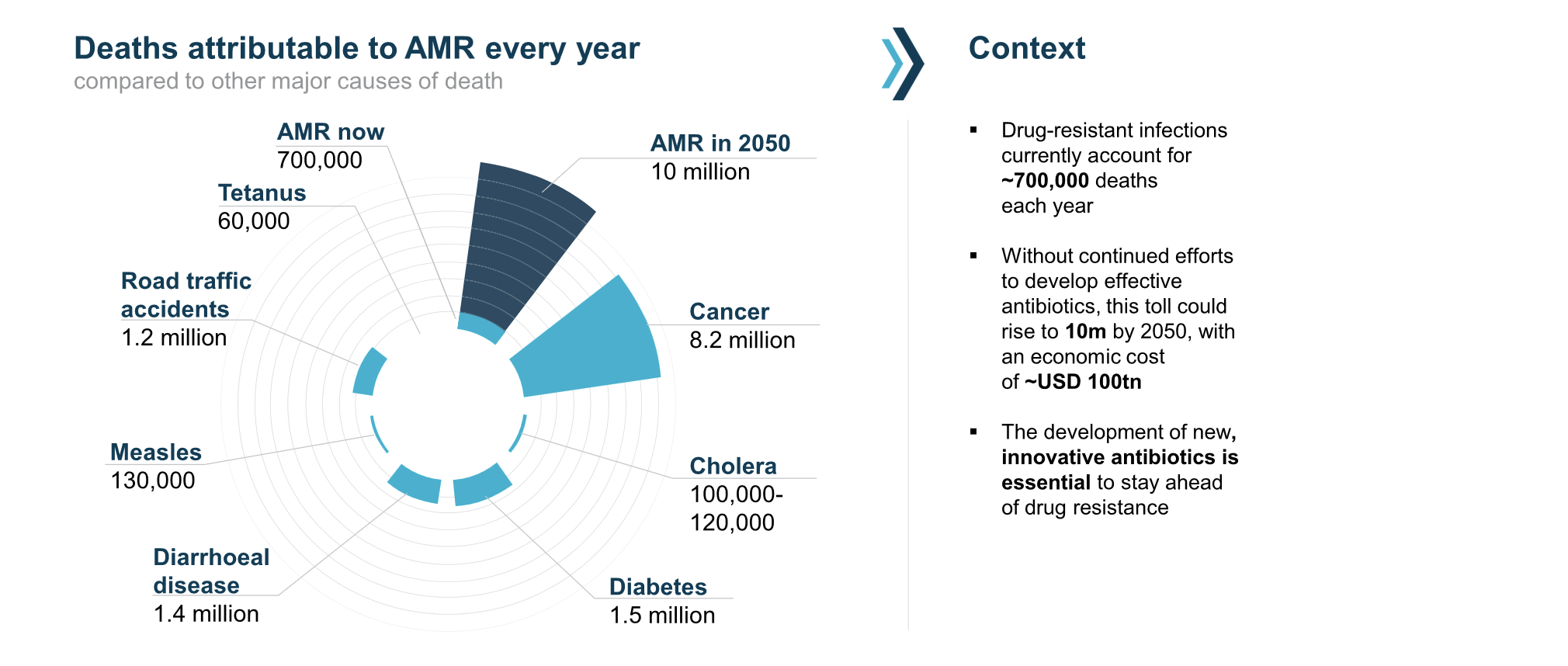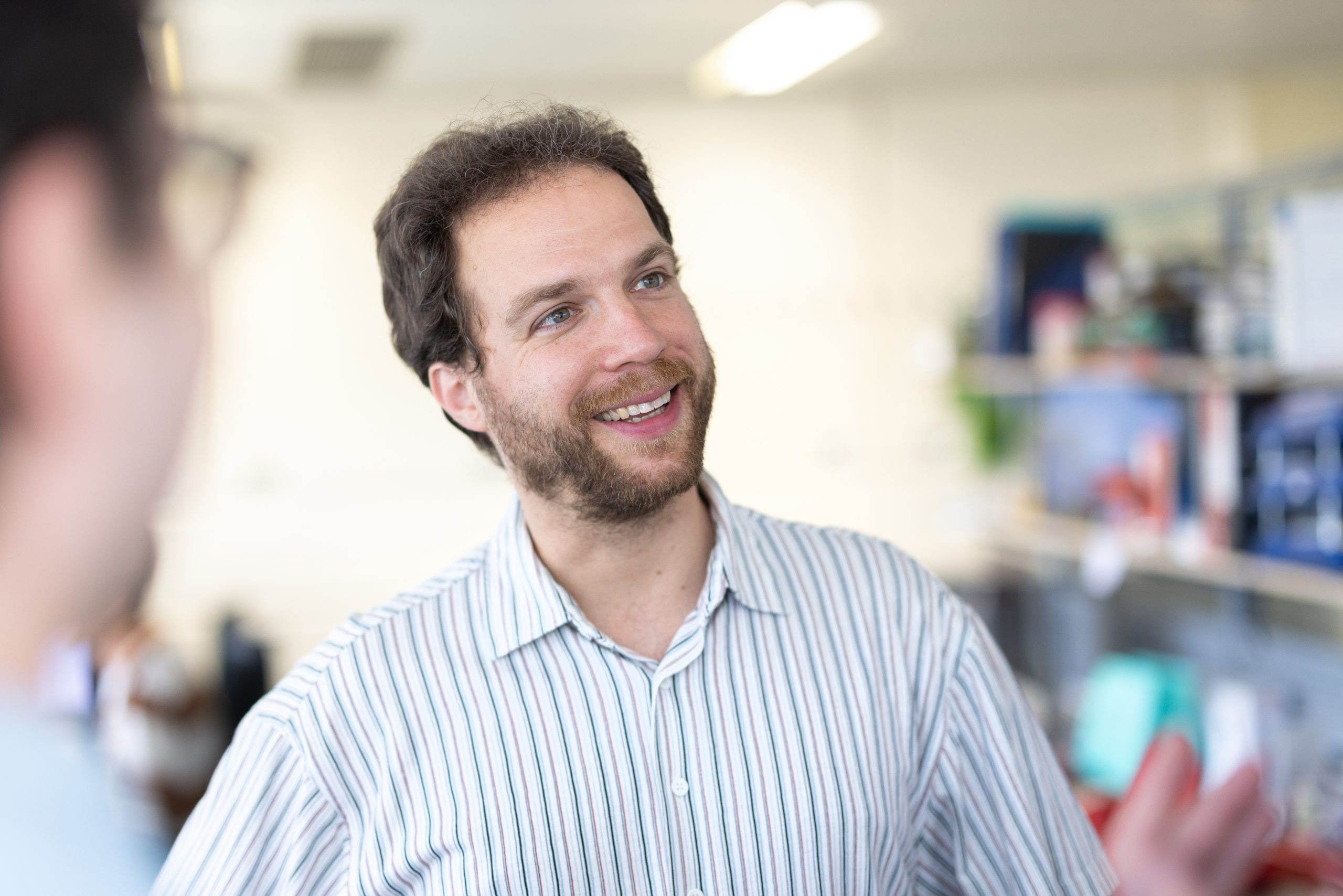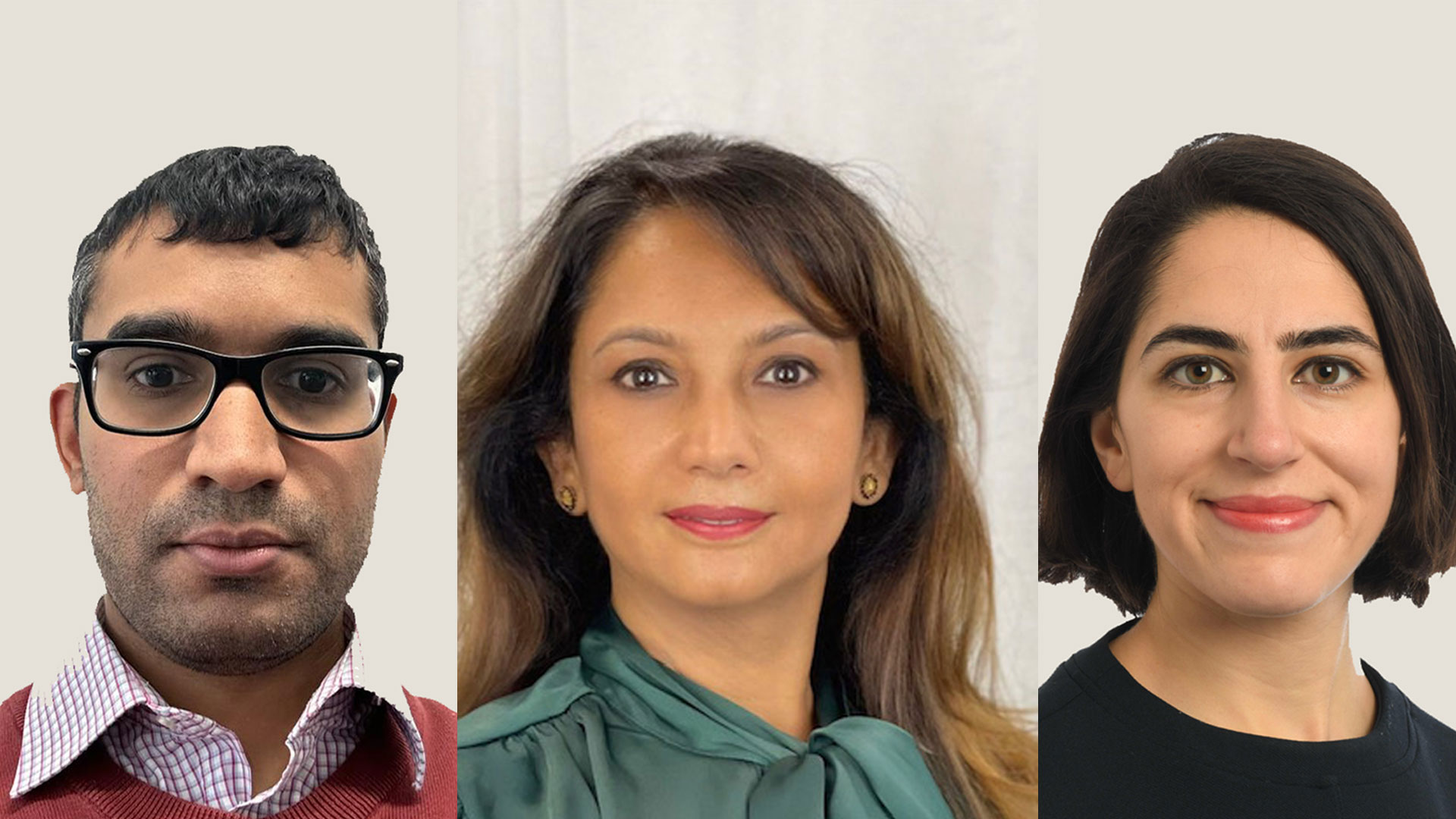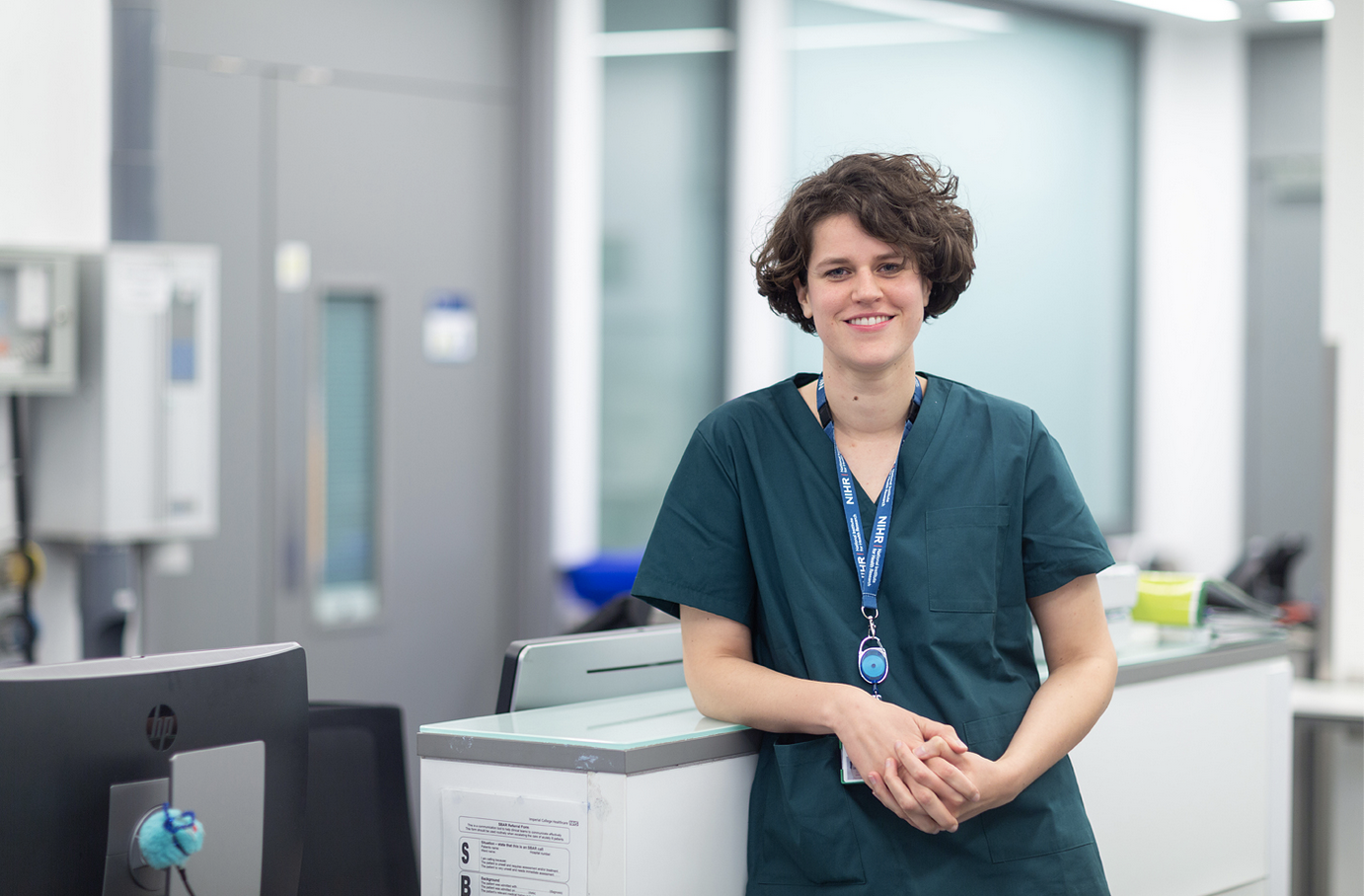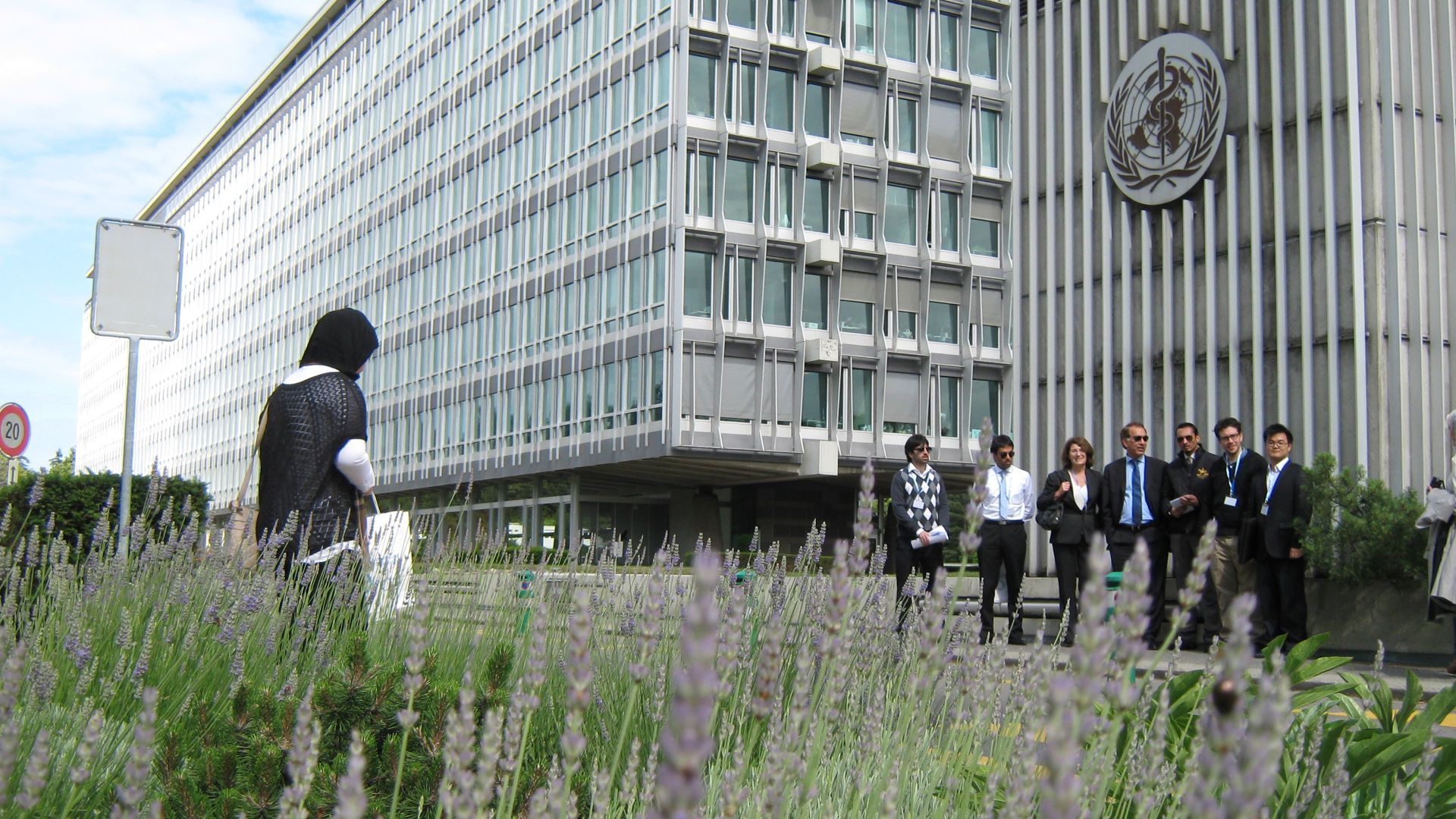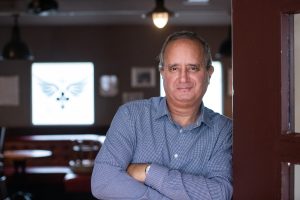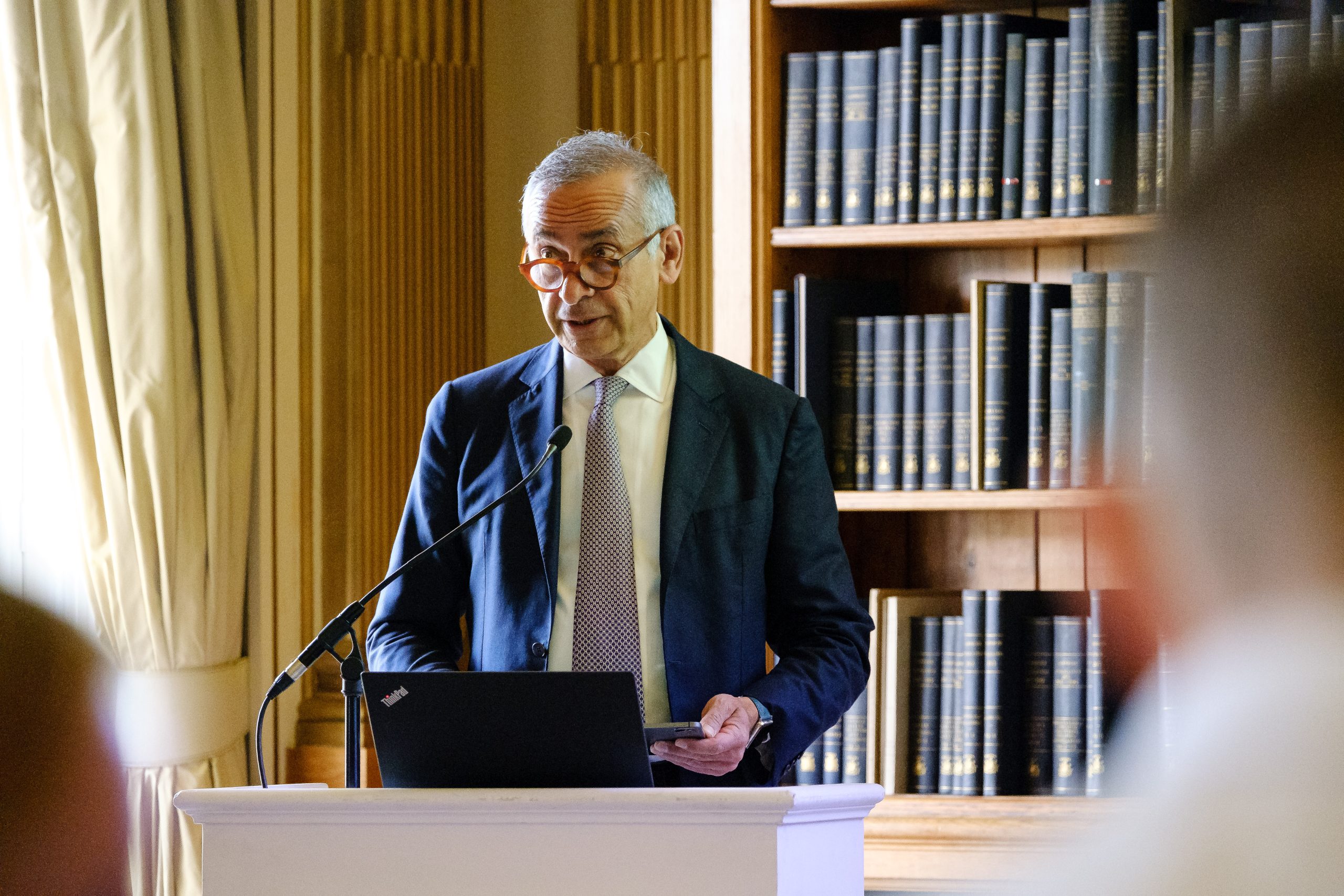
In the relentless pursuit of global health, few adversaries loom as large as antimicrobial resistance (AMR). AMR poses a pervasive threat to both different disease areas and public health as a whole. It has the potential to undermine modern medicine, as previously treatable common infections and injuries may once again become life-threatening. As the gravity of this crisis intensifies, The Fleming Centre will stand at the forefront of a burgeoning global movement to combat AMR. On World Antimicrobial Awareness Week, Professor Ara Darzi, Chair of The Fleming Centre Initiative, writes about the pivotal role this centre will play in the fight against AMR and the far-reaching impact it promises to deliver.
AMR poses a significant threat to global health, making it one of the most pressing challenges of our time. Drug-resistant infections occur when the bacteria responsible for the adaption and evolution of infections, gain the capacity to withstand drugs intended to kill them. The overuse and misuse of antimicrobial drugs, such as antibiotics and antifungals, in both humans and animals is only accelerating this process. As a result, AMR has been linked to more than one million deaths worldwide each year; a sign common infections are becoming increasingly difficult to treat as the medicines we all rely on become less effective. With people across the globe already dying from drug-resistant infections, the threat of more drugs losing their potency, will put more lives at risk.
